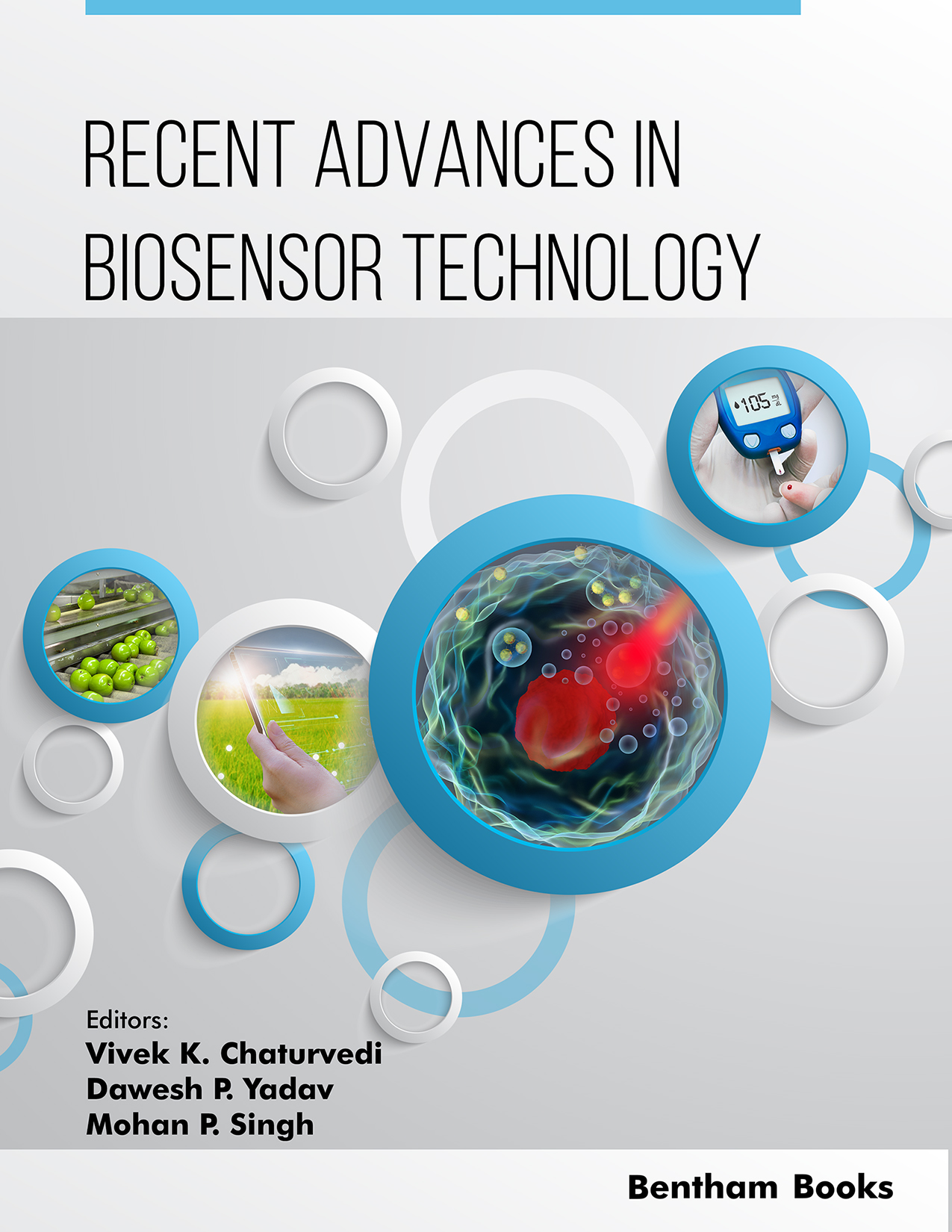Introduction
Recent Advances in Biosensor Technology (Volume 1) is a comprehensive guide to the latest developments in biosensor technology, written by experts in the bioengineering and biosensor development.
The book is an essential resource for researchers and biomedical engineers interested in the latest developments in biosensor technology. It covers a wide range of topics, including nanomaterials for biosensing applications, carbon-based nanomaterials for sensing applications, graphene-based nanomaterials, SPR-based biosensors in diagnostics and therapeutics, biosensors for cancer diagnosis and therapeutics, tissue engineering and more.
One of the key features of this book is its detailed discussion of the novel research findings in biosensor technology, providing readers with the most up-to-date information in the field. Each chapter includes a comprehensive review of relevant literature, as well as practical examples to demonstrate the potential applications of biosensors in various fields. Furthermore, this book includes detailed references for further reading, making it an excellent resource for readers looking to deepen their understanding of biosensor technology.
Audience
Researchers, Students, Biomedical Engineers

